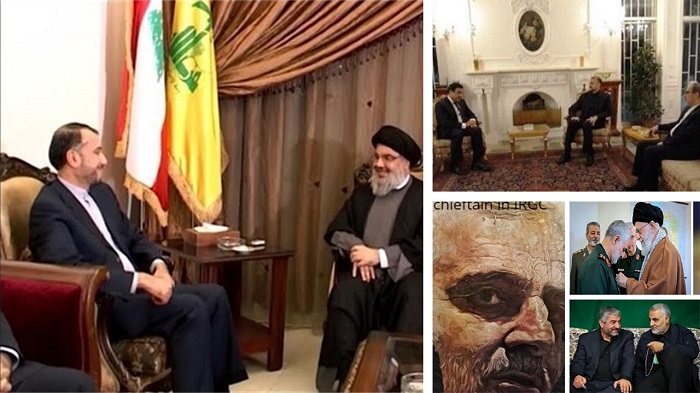Hossein Amir-Abdollahian has served as an advisor to terrorist Quds Force criminal commander Qassem Soleimani and a Quds Force official within the Ministry of Foreign Affairs for many years.
“Heroic Flexibility” strategy
When Khamenei launched the so-called “Heroic Flexibility” strategy, he was deputy to Foreign Minister Mohammad Javad Zarif and assisted in making a “goodwill gesture” to the Obama Administration. However, as the Iranian regime’s media previously put it, Amir-viewpoint Abdollahian’s reveals more about the future than it does about the past.
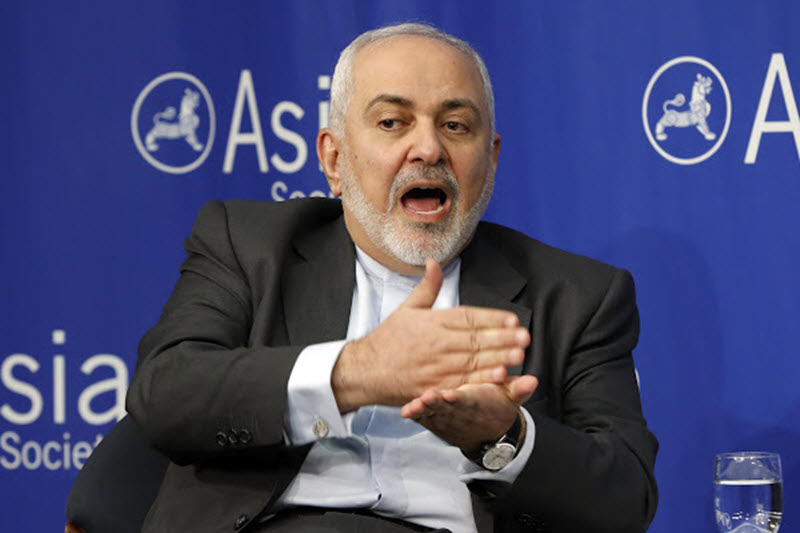
The Iran-Iraq-US trilateral summit in Baghdad
Hossein Amir-Abdollahian was a member of the Iranian regime’s negotiating delegation during the Iran-Iraq-US trilateral summit in Baghdad in 2007, while Tehran-backed militias were attacking coalition forces across Iraq.
The summit was convened at the invitation of the United States, with the goal of stabilising a perilous situation in Iraq. The discussions came to an end after three sessions with no results. One of the key demands of the Iranian delegation was that the US troops give over members of the People’s Mujahedin of Iran (PMOI / MEK Iran) from Camp Ashraf. The American delegation refused to participate.
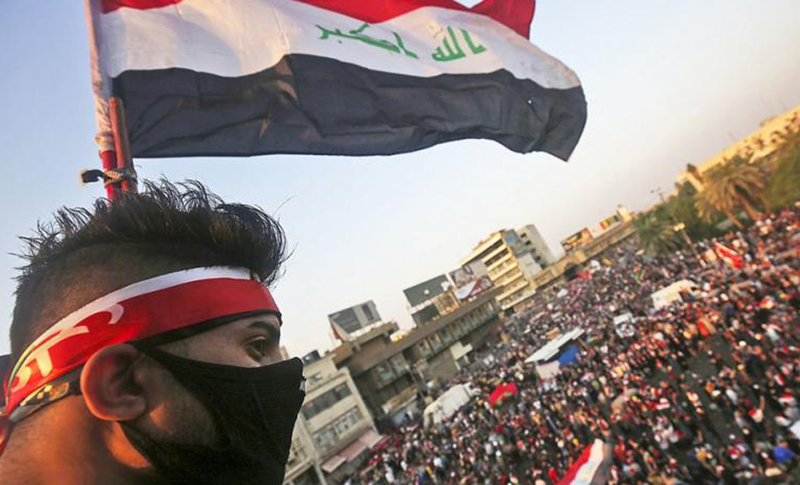
Amir-Abdollahian served as Deputy Foreign Minister
From 2011 to 2016, Amir-Abdollahian served as Ali Akbar Salehi’s Deputy Foreign Minister for Arab and African Affairs, overseeing foreign ministry activity in the area, particularly in Iraq, Syria, and Yemen. He also took part in conversations with the P5+1 on the regime’s nuclear programme, ensuring that the Quds Force was kept informed at all times.
Following a string of political and military setbacks in the area (most notably in Syria and Iraq in 2015), and in particular, due to the regime’s unparalleled isolation in the region, Javad Zarif pledged to Supreme Leader Khamenei on multiple occasions.
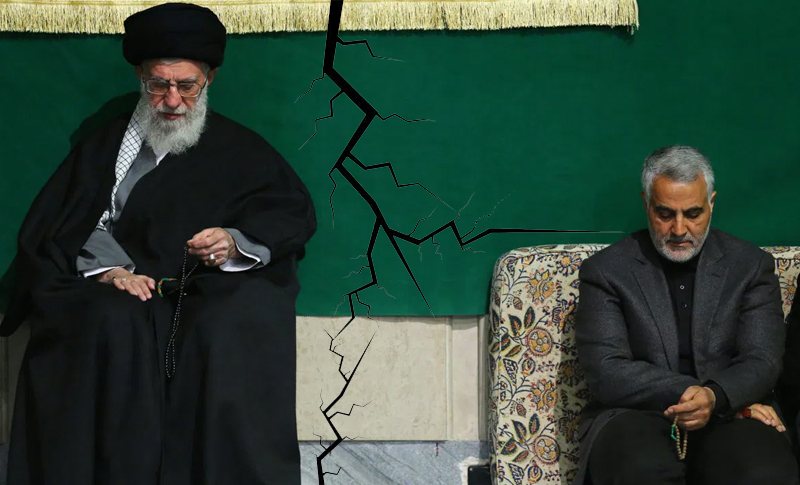
Coordinating Iran’s political, military, and security
According to reports, Khamenei accepted Javad Zarif’s idea that the Supreme Security Council be in charge of regional affairs beginning in May 2016. As a result, the Supreme National Security Council’s Secretariat said in a press release on June 9, 2016, that Ali Shamkhani, the Supreme Security Council’s secretary, would be coordinating Iran’s political, military, and security measures with Syria and Russia. Amir-Abdollahian was fired after a decision was taken at the highest level.
Zarif offered Amir-Abdollahian the ambassadorship to Oman after he was removed from the government in 2016. But Soleimani’s guy turned down the job and instead decided to work as a special advisor to Ali Larijani, the regime’s Speaker of Parliament for International Affairs. He also became the Secretary-General of the International Conference in Support of the Palestinian Intifada’s Permanent Secretariat and the Managing Director of Palestine Strategic Dialogue. He continued to serve as a special advisor on foreign policy under Mohammad Bagher Ghalibaf.
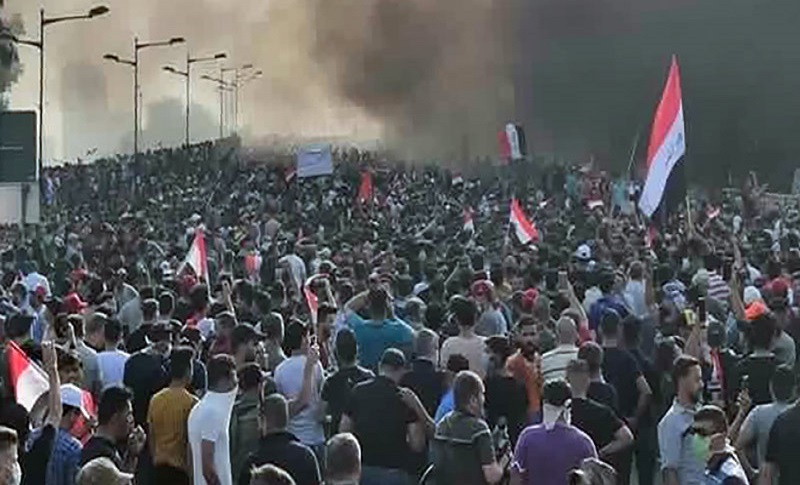
Amir-Abdollahian was confirmed parliament
He adopted a different approach before taking office and setting a conciliatory tone toward Arab countries. He also accused the US of employing the Covid-19 virus against Russia and China as a biological weapon.
Since Hossein Amir-Abdollahian was confirmed by the regime’s parliament, he is prepared to promote the Supreme Leader’s belief that Iran should distrust the West and instead focus on its neighbours and Asia.
Whatever international institutions, think tanks or foreign ministries around the world may think of Hossein Amir-Abdollahian, at the end of the day, he has represented Khamenei’s doctrine that the Islamic Republic should become the Middle East’s centre by levelling up through proxy groups in each country. Soleimani’s go-to person for “War Diplomacy” has always been Amir-Abdollahian.

MEK Iran (follow us on Twitter and Facebook)
and People’s Mojahedin Organization of Iran – MEK IRAN – YouTube


